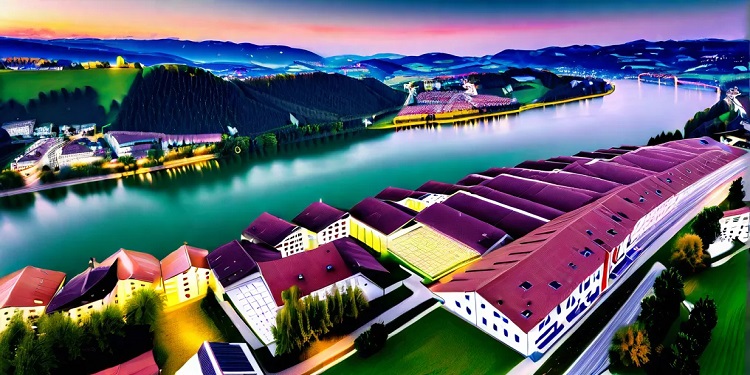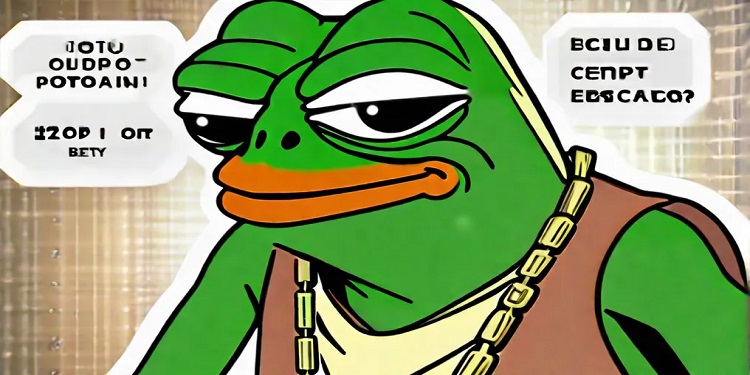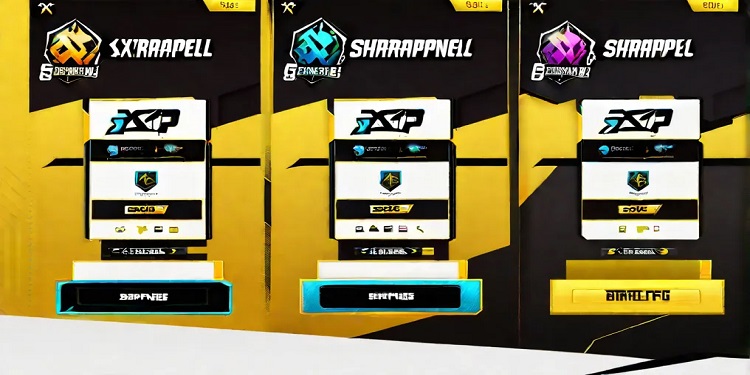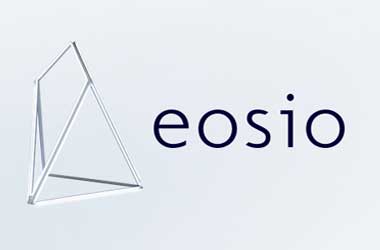 The EOS network, already accused by skeptics as one of the most centralized projects in the cryptocurrency sector, could be about to offer more power in the hands of small players.
The EOS network, already accused by skeptics as one of the most centralized projects in the cryptocurrency sector, could be about to offer more power in the hands of small players.
Block.one, the company behind the creation of EOS networm, announced Thursday that it will start the process of token staking to vote for the 21 block producers, who verify EOS transactions and ensure successful implementation of the network’s constitution.
The block producers process transactions in accordance with the protocol’s Delegated Proof-of-Stake (DPoS) consensus algorithm.
Block.one, through an open-ended ICO, raised more than $4 billion and also received compensation equivalent to 10% of the 1 billion tokens created in the Genesis block of the network. Block.one plans to compensate the block producers, the pillars of the network, who uphold the core values of the EOS ecosystem.
Block.one’s statement revealing its intention to share the tokens is as follows:
“As a recipient of 10% of the initial EOS token allocation, Block.one recognizes its responsibility to participate as an active minority voting member. As such, our approach has been carefully considered, and Block.one will soon begin allocating votes to block producers that share the core values necessary to maximize the integrity and potential of the EOS public blockchain network.”
To encourage a community-led launch of the EOS network, Block.one avoided voting during the network’s activation period. However, the company never announced that it would abstain from voting permanently. As an EOS holder, it is the basic right of Block.one. Participation in the EOS crowd sale and allowing Block.one to get 100 million EOS tokens as compensation is an implicit acceptance of those terms. However, dissatisfied investors and some crypto think tanks have voice their concerns about the level of centralization this has already caused in the EOS network.
The data from EOS Authority, a block producer candidate, indicates that approximately 275 million tokens (or 27.5% of the total supply) have been staked for voting. Provided there is no change in the staked tokens, Block.one will gain tremendous control over the network, if it decides to stake all its tokens. Block.one will command more than 25% of the total votes with the tokens it possesses. The overall picture becomes more disturbing is we look at the current vote distribution among block producer candidates.

Presently, the number one block producer candidate holds 59.3 million votes. Each of the EOS tokens can be used to vote for up to 30 block producers (could be raised to 50, based on the suggestions). This means that Block.one can overwhelmingly decide which block producers will process and confirm transactions on the network. Furthermore, Block producers can freeze or recover stolen funds at their will. Even though Block.one does not gain any advantage in causing disruption of the network, still, critics point out that the level of centralization goes against the fundamentals of blockchain technology and warn about the possibility of a single point of failure.

Block.one has formerly suggested scrapping of the prevailing constitution and implementing a new one that provides less governance authority to block producers and arbiters. However, no definite time frame has been provided for the implementation of a new constitution. In other news EOS, which does not charge any fee for the transaction, has seen a sharp increase in the cost of new accounts to $4, from $1 a week before. This means, if a developer believes that a DApp will have 5 million users, then a sum of $20 million needs to be spent upfront for such a capacity. The increase could discourage developers to shun the network. Ram, which is similar to gas, has increased so much that the network will soon be left with no space to accommodate new accounts.

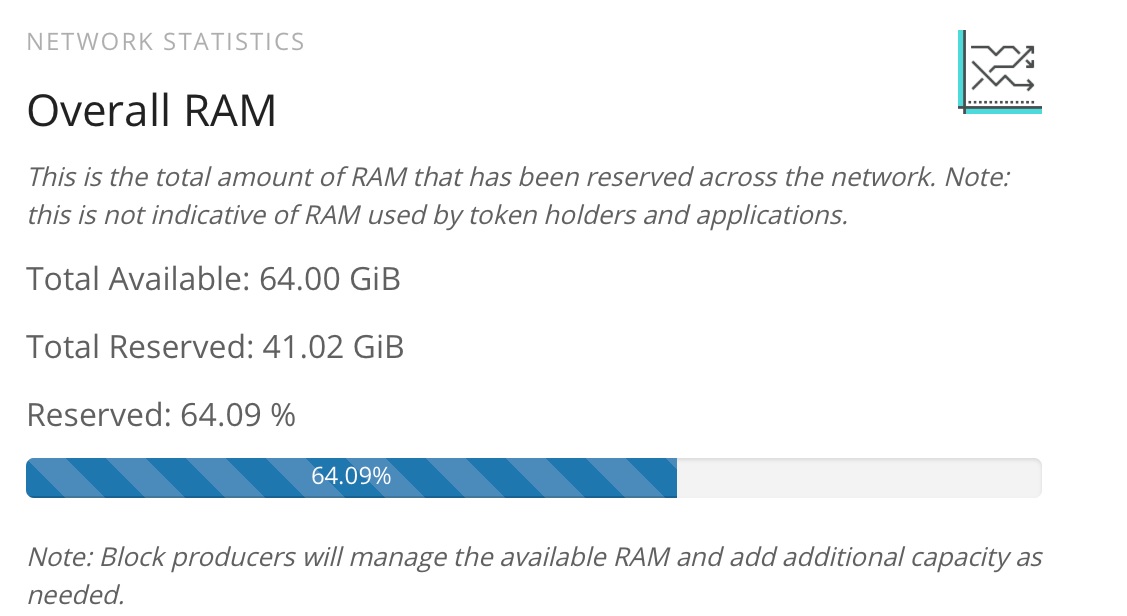
For each new account, a developer has to pay for about 4kb of ram, as it is needed to transact with in the EOS ecosystem. The fun thing is ram can be traded as tokens in the market. The big players have already started exploiting this tradable object in the EOS ecosystem. EOS Nation, a supernode block producer, who has been accumulating ram is now seen selling it at inflated prices. When an EOS community member questioned the block producer their response clearly meant we don’t care.
It is unfortunate that a project with such a good vision may be taken ride by a hand full of selfish people.

